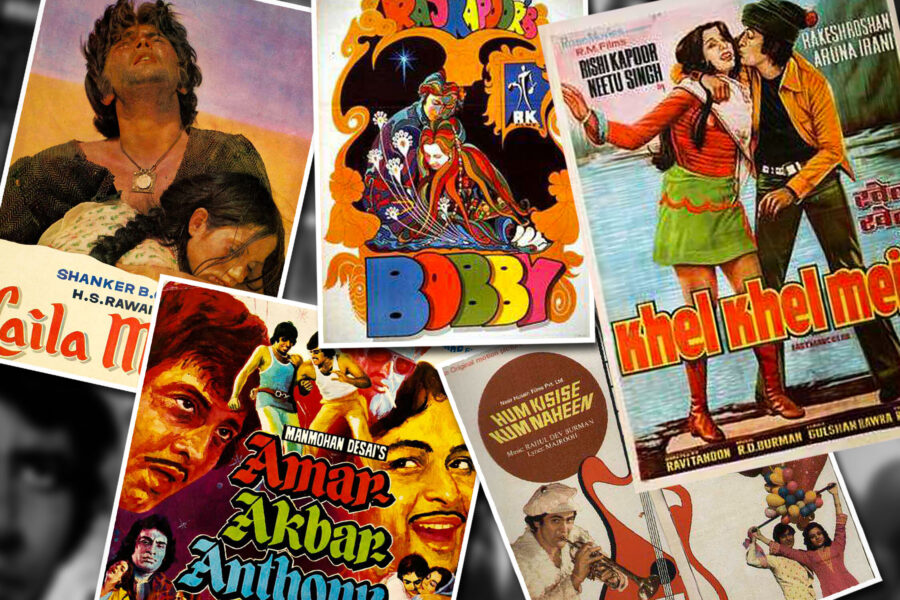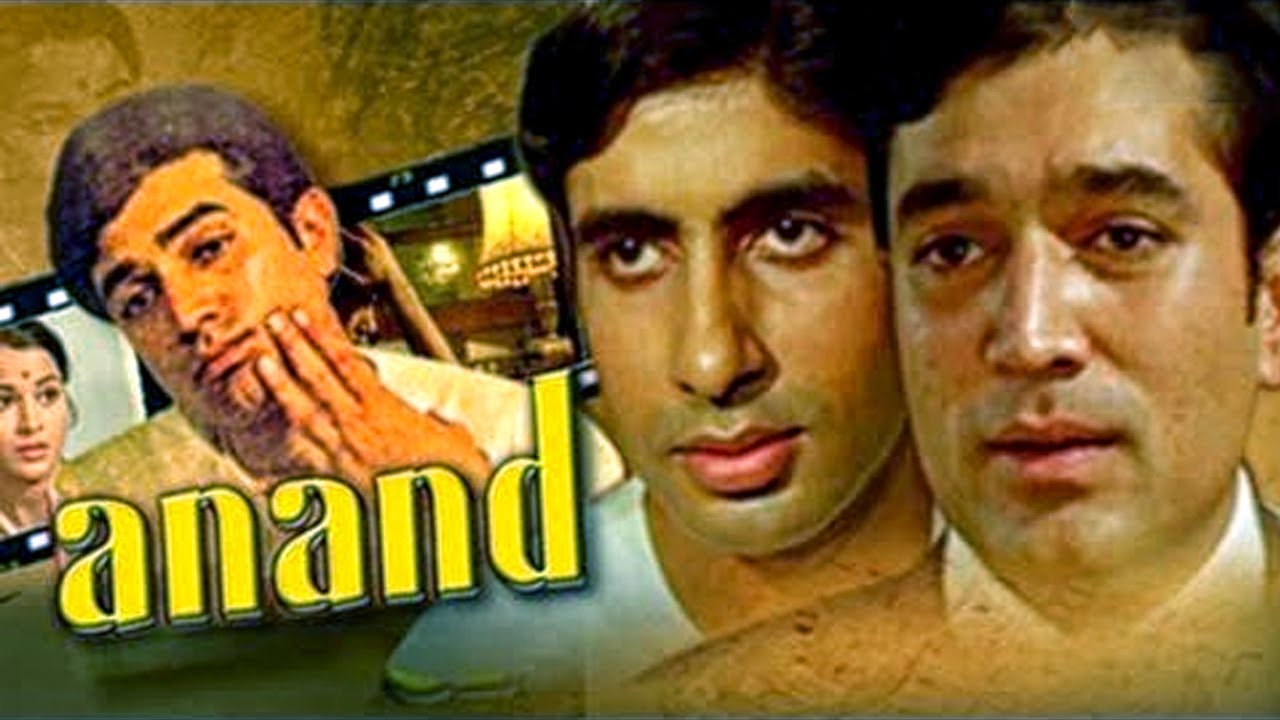I hate RIP posts. And I don’t do tributes. But the collective outpouring of grief for Irrfan Khan on social media struck me as real. I felt Indians – the fakest race in the universe – were actually mourning a personal loss. It felt real maybe because he was a talent of such proportions, an artist about whom there could be no two opinions, he ended up uniting us, if briefly. Or maybe because of what everyone is going through right now, his demise made us realise, yet again, our own vulnerability.
Somehow, an actor’s passing getting this kind of intense national attention, especially at a time like this, didn’t seem too wrong to me. But this tribute, if you can call it that, is for Rishi Kapoor.
Many will disagree with me, call me names even, but, in my opinion, Rishi Kapoor was no less a talent than Irrfan. There. I said it.
If Irrfan Khan’s monster talent lay in doing the different things he did like no one else could, making it all utterly believable, effortless, Rishi Kapoor’s talent was the precise opposite. In the ’70s and ’80s, Rishi Kapoor did the same thing – wearing colourful sweaters and dancing with yet another new heroine — in breezy musicals, again and again, and again, and made that look effortless. And, harder still, believable.
While Vinod Khanna refused to allow Bachchan to be the One-Man-Film-Industry he so desperately wanted to be, little Chintu Baba, doing three shifts a day, sang and danced his way – through the gaps between the legs of these two towering men’s men – straight into the hearts of anyone who wanted a little less angst and a little more romance.
He was, is, and will be the brightest light from the Kapoor Film Factory. Shashi may have been by far the loveliest, Shammi had his divine lunacy, and Raj the pencil-moustache showmanship, but, boy oh boy, Rishi was without doubt not just the best actor among them, but one of the finest practitioners ever of Commercial Indian Film Thesping, if there is such a thing.
Let’s take Saagar, for example, where Kapoor is pitted against the terrifyingly scenery-gobbling Kamal Haasan.
Watch Kapoor’s reactions of mild indulgence coupled with that I-know-there-is-a-little-more-to-this-than-is-being-let-on look on his face in ‘Sach Mere Yaar Hai’, that Bollywood song-staple where hero mouths lyrics, the glaringly obvious import of which only he and one other person (Nadira aka Miss Joseph, in this case) get in a crowd of clueless supporting actors and extras.
Or look at him in the scene where he confronts his grandmother (played by Madhur Jaffrey) and tells her: ‘My life may be in your hands but my death sure isn’t.’
Recommended
Watch him again in Hum Kisise Kam Nahin, Amar Akbar Anthony, Jhoota Kahin Ka, Karz, or anything from the ’70s and early ’80s.
See what he brought to his performances.
If you are not convinced like I am that what he did in the ‘70s and ‘80s is enough evidence of his effortless ease as an actor, try his performances from his second coming, starting with Luck By Chance and Agneepath to Do Dooni Char, Kapoor & Sons and Mulk. Or D Day, perhaps, where he shares screen space with the always mesmerizing Irrfan Khan. Not bad, eh?
Rishi Kapoor, you will continue dancing forever on that giant LP in the hearts of anyone who grew up in the ’70s.



